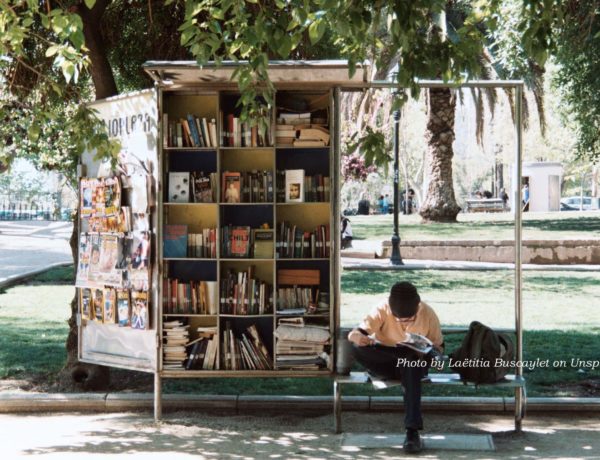Originally published August 4, 2015
Still Alice by Lisa Genova available for $7-18
I was introduced to this title through a Facebook support group of folks dealing primarily with the various forms of dementia as caregivers. There are a few professionals in the group, as well as a few who have been recently diagnosed with one of the many forms of the disease. If you are a caregiver reading this I highly recommend the group. There are now over 20,000 members from around the world. This means that among the many quick little supporting hugs and prayers, you rarely have to wait long for a practical idea (or several) if you post a specific issue. Many members have contributed to the files section with information, books and suppliers. It is a place to rant, to cry to share funny stories, to seek advice. The group is quite diverse and not all things are for all people but that is what scrolling, hiding and even blocking are for. I lived in that group for several months and still visit when I feel I can contribute something of value.
It took me awhile to get around to reading this book. I tend to be more centered on nonfiction and direct application. I was, in the end, surprised and feel that it is a work well worth the read. Still Alice is not based on real events, it is a work of fiction. It is, however, well researched and the events and reactions within the tale are portrayed in an accurate manner.
Alice is a brilliant and sought after psychologist and linguist that begins to notice issues with memory, her sense of direction and general mental function. After losing her way and her thoughts far too frequently, she seeks the advice of a neurologist and is diagnosed with early onset Alzheimer’s. The story is a beautifully depicted tale of her decent into the disease.
I appreciated this book because it brought out several issues directly related to Alzheimer’s, such as the chance of inheritance of the related genes and how to be tested. It also brought out the very real issues with dementia and the problems of caregivers. For instance, it is not an issue that you forget where your keys are, the issue arises when you can’t recall what a key is. Getting lost is one thing, but staring at the same street signs you have seen for years within a block or two of your own home and having no idea of where you are—well that may be another matter.
Genova’s research is also evident within the plot line in other ways. We know that dementia can strike the brilliant as well as the average mind—simply “exercising” your brain is no guard against the disease. However, in the words of one of the doctors in the story, when someone spends their lives in active pursuit of knowledge, he or she develops multiple pathways to the same bit of information. When brain cells begin to die, there still remains pathways or pieces of pathways to the same conclusions; it just takes longer to get there.
This last is something that I and others noted in my husband. Until he became bedridden he pushed to learn. He was an active participant in the care that I and the hospice team provided. Perhaps he could no longer walk, but he would turn on the bathroom light when I would wheel him in. On more than one occasion his team would state, “He knows, you can see it in his eyes.”
We were not wishing it true. There was one instance when a volunteer was sitting with him and they were singing. I was in my office working. Suddenly I heard him say, “Oh, Shut up!” I flew out of my office to the dining room and leaned over to eye level. I told him I knew he felt like shit and I was sorry that was the case. However, he had never allowed that to make him rude in the past and now was no time to start. I left and returned to my office. Things seemed to calm down and later, when I went to the kitchen for something to drink, he motioned to me. Drawing me close he gave me a hug. No longer able to walk or take care of any of his needs and fast losing the ability to eat or drink—he still thought, he still reasoned, he still accepted responsibility.
The human mind is the most amazing thing. We know so very little of how it works, how it dies. It is way past time we learn how to care for and protect this most precious gift.
If you have any interest or connection with the world of dementia, give it a read. Through tears and chuckles I think you’ll find it worthwhile.



No Comments